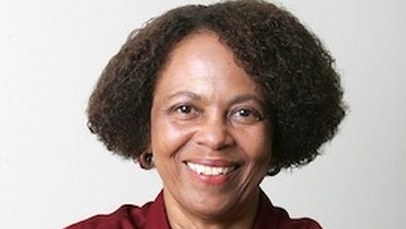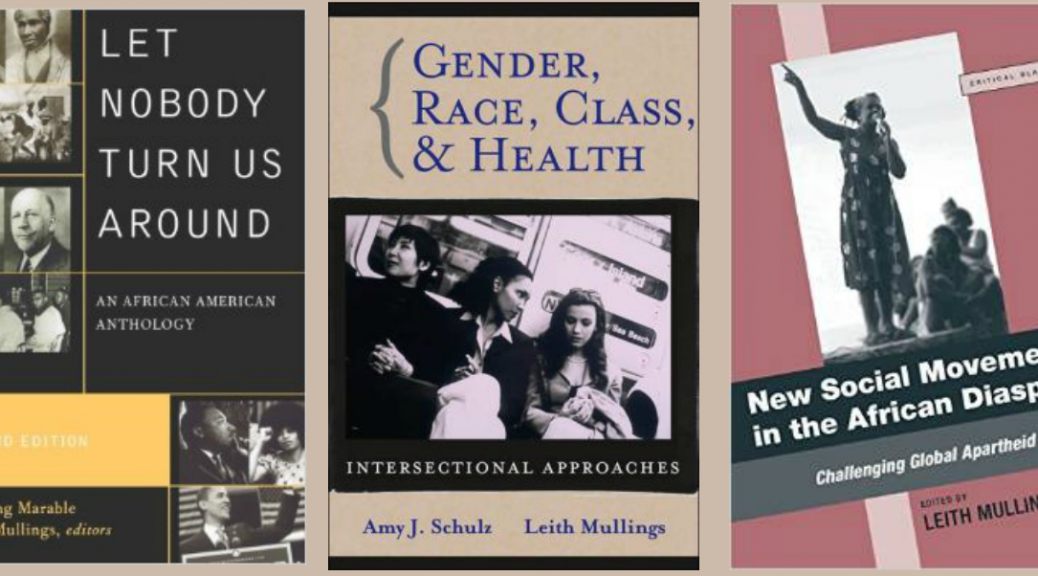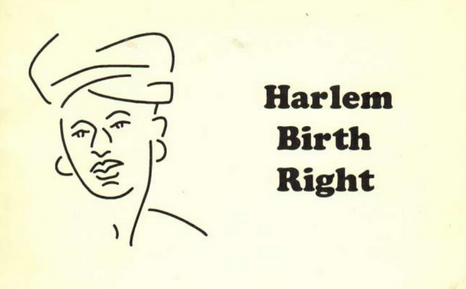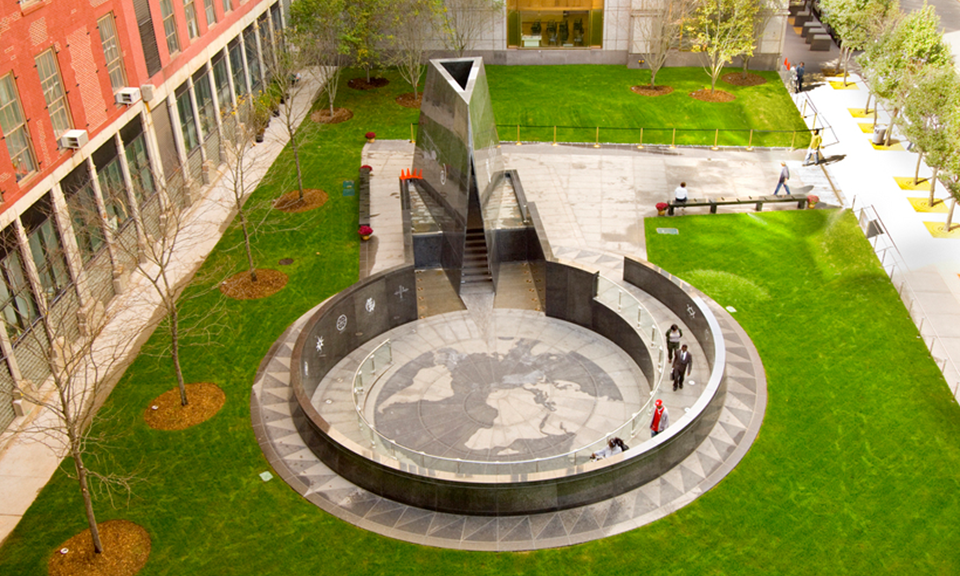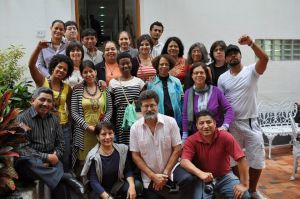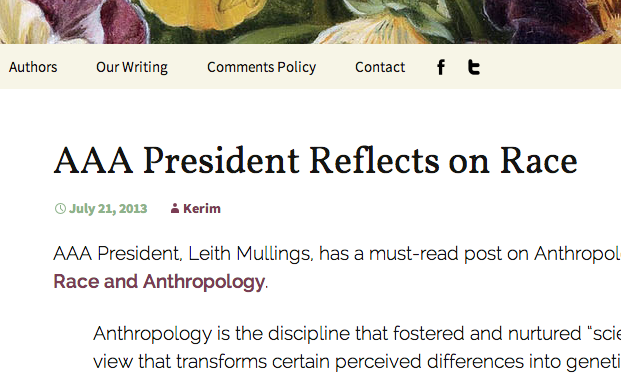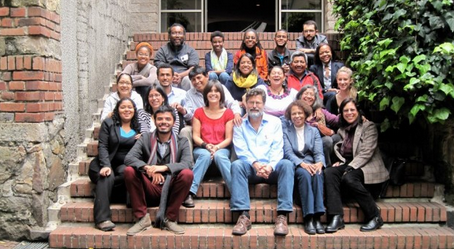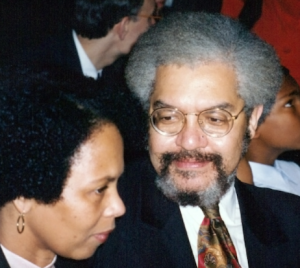Leith Mullings received her Ph.D. from the University of Chicago and is currently Distinguished Professor of Anthropology at the Graduate Center, CUNY. After beginning in Africa with the study of religion, plural medical and the construction of personhood in postcolonial Ghana (Therapy, Ideology and Social Change: Mental Healing in Urban Ghana, [University of California Press, 1984]), her work has centered on inequality, its consequences and resistance to it in the U.S. and other regions of the world.
Examining race, racism and resistance in a global context, “Interrogating Racisms: Toward an Antiracist Anthropology,” (Annual Review of Anthropology, 34: 667-93, 2005) includes an extensive review of scholarship on racism and offers a framework for thinking about changing structures of racism in a global context. She written about the intersections of race, class and gender (On Our Own Terms: Race, Class and Gender in the Lives of African American Women, [Routledge, 1997] in the U.S. and has applied an intersectional approach to explain how power differentials produce and reproduce health disparities (Gender, Race, Class and Health: Intersectional Approaches, co-edited with Amy Schulz, (Jossey-Bass, 2006). In Stress and Resilience: The Social Context of Reproduction in Central Harlem, co-authored with Alaka Wali, (Kluwer Academic/Plenum Publishers, 2001) as well as “The Sojourner Syndrome and the Social Context of Reproduction in Harlem” (Transforming Anthropology, 13(2): 79-91, 2005) introduces ‘the Sojourner Syndrome’– a model for examining health disparities among African American women through analysis of the inequalities produced by class, race and gender.
Mullings also has a longstanding interest in social movements. With her late husband Manning Marable, she compiled Let Nobody Turn Us Around: Voices of Resistance, Reform, and Renewal (Rowman and Littlefield 2000, 2005), a widely used text in African American studies as well as Freedom: A Photographic History of the African American Struggle, (Phaidon Press 2002). Her edited volume, New Social Movements in the African Diaspora: Challenging Global Apartheid, (Palgrave MacMillan, 2009) was the foundation for her current projects, which are discussed in the next section.
Mullings’ research has been funded by the National Science Foundation, the Centers for Disease Control and Prevention, the Kellogg Foundation and the Wenner-Gren Foundation for Anthropological Research. She has been awarded the Society for the Anthropology of North America Prize for Distinguished Achievement in the Critical Study of North America and the French-American Foundation Prize: Chair in American Civilization, École des Hautes Études en Sciences Sociales, Paris, France. In addition, she has served on the editorial boards of numerous academic journals and on the Executive Boards of the American Ethnological Society and the American Anthropological Association and as President of the American Anthropological Association from 2011 to 2013.
